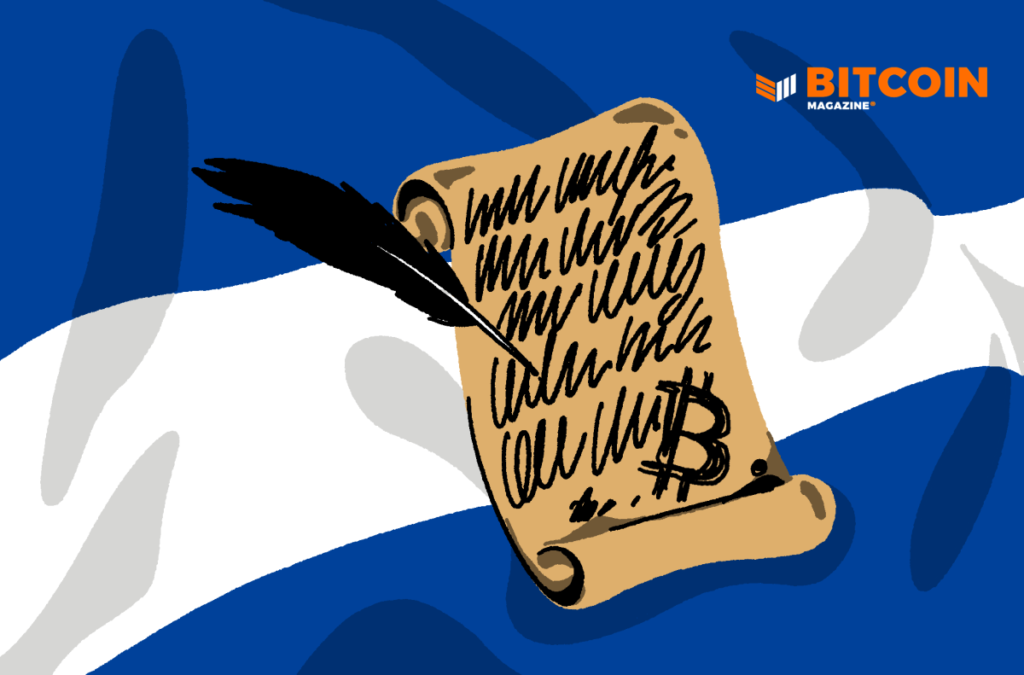It was June 2021 in Miami. Thinking back to that day, I recall the crowds and lines: It was a hot summer afternoon, the first Bitcoin event I’d attended, and one of the first outings I’d been to in over a year following the pandemic. To say that I was uncomfortable, both socially and physically, was an understatement. If that’s not enough, the adrenaline was hitting me from sneaking by the security guards who were removing those standing in the hallways and fire exits. There were basically people crowding on top of one another to get in — maybe they were just trying to get in the air conditioner, I don’t know — but I do believe this was ground zero for a new BTC variant. This made it all the more special after I got through.
That’s because this was not a normal announcement full of press releases, fancy buzzwords and logos. It was a memory filled with emotion, energy and excitement — hope was in the air. After leaving that room, I really felt optimistic about the future of Bitcoin, El Salvador and the world. Jack Mallers went way over time too. He was so emotional that he could barely get his words out, and I remember really feeling his care and concern when he talked about his time in El Salvador. It was infectious.
That was a big day in history for Bitcoin. Not that Bitcoin needs governments to adopt it, but I do believe that the sooner governments adopt it, the sooner we can switch to a sound money system and the more peaceful and harmonious the transition will be. This will be marked in history, and in my mind, as the day that nation-state game theory began. As Mallers, the chess man, says, it’s a “pawn to E4 moment.”
Before 2021, it was only speculation that governments would adopt bitcoin. Us Bitcoiners knew the game theory would make it happen eventually, but it all became real with the Bitcoin Law from El Salvador and its proposed status as legal tender. To put it in perspective, the only thing I knew about El Salvador before the announcement was the significant gang violence and high crime rates from a Vice documentary, and I’d seen pictures of the stunning beaches. That changed after the announcement, as I took a deep dive into the country and its history. It really had me start questioning who was developing my perspectives: the media or me. I’m glad to say that I now understand a lot more clearly about how Bitcoin first helps those who need help the most.
As I think back on the announcement one year later, I realize that perhaps everything is unfolding exactly how it’s supposed to. I pause and reflect on the current frustration with my peers and the media in the United States and their resistance to Bitcoin, but now I see they’ll be adopting later — because they don’t need bitcoin just yet. This has been a big shock for me and really opened my eyes to a lot of differences in cultures around the world, and one of the most important points about Bitcoin: It’s for everyone. Thanks to Jack Mallers, President Bukele and the nation of El Salvador for pushing forward the goal of Bitcoin for all.
This is a guest post by Bap. Opinions expressed are entirely their own and do not necessarily reflect those of BTC Inc. or Bitcoin Magazine.


